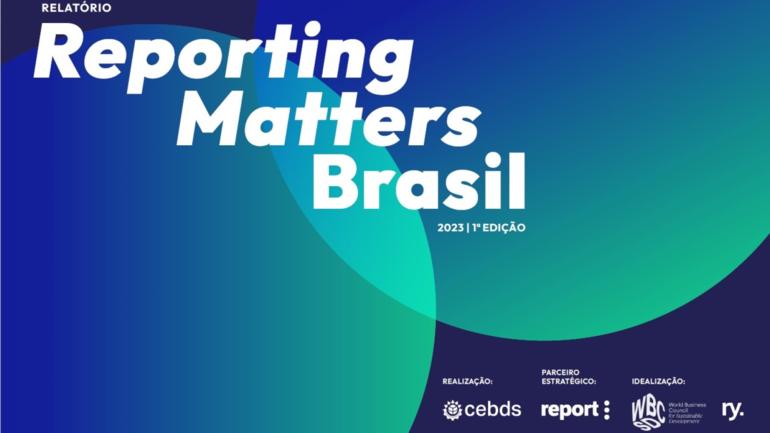Frans Timmermans, First Vice President of the European Commission
Mairead McGuinness, European Commissioner for Financial services, financial stability and Capital Markets Union
European Commission
Rue de la Loi
1049 Brussels
Belgium
9th September 2022
Dear Mr Vice President Timmermans, Dear Commissioner McGuinness,
The significance of the Corporate Sustainability Reporting Directive (CSRD) mandating European Sustainability Reporting Standards (ESRS) cannot be underestimated. Clear and comparable sustainability reporting standards will be paramount to achieving the EU Green Deal’s ambitions and help turn Europe into the first climate neutral continent by 2050.
At World Business Council for Sustainable Development, a member-driven organization made up of over 200 of the world’s leading companies, and through the We Mean Business Coalition, which works with close to 9,000 companies, we consistently hear from CFOs and CEOs that some issues within the current drafts for ESRS could unintentionally slow sustainable progress.
Our organizations are strongly committed to accelerate climate action and we believe that there are solutions that maintain the integrity of intent while providing a way forward that is implantable by companies. We therefore strongly encourage the following solutions:
- Align with global standards. We are pleased to see a clear mandate for convergence with the ISSB global standards in § 37 of the Preamble for the CSRD final agreement from June 2022. In our view, it is crucial that this mandate is fully incorporated into the next drafts of the ESRS standards, as the current drafts are differed in terms of terminology and definition – creating unnecessary confusion for preparers. Sixty five organizations from across the business, investment and auditing communities are explicitly calling for this kind of alignment. Aligning the ESRS and ISSB to the greatest extent possible will facilitate the global reporting baseline for comparability and analysis, improve transparency, and minimize reporting burden while accelerating the European Commission’s ambitions.
- Improve the double materiality concept and provide clearer guidance. Companies are broadly supportive of the double materiality approach where impacts to people and the environment and enterprise value are interlinked. We strongly urge EFRAG to clarify terminology in alignment with international standards, providing more application guidance and illustrative examples. In our view, the materiality principle, accompanied by clear disclosure requirements on the materiality assessment process would serve the needs of preparers, users and civil society stakeholders.
- Phase-in ESRS’ application. Companies have stated that even issuers with extensive, mature reporting operations will need time to implement the data collection systems and processes to meet the requirements. EFRAG and the Commission could consider prioritizing critical disclosure requirements that capture business model transformation by focusing on mature KPIs, which are well-known to companies. This will give time for EFRAG to have a deeper dialogue with companies and report-users about needs and reporting feasibility – thus enhancing the definitions’ usability.
The ESRS’ legitimacy will heavily depend on a robust due process. The climate crisis is accelerating, and after decades of inaction, there is no time to waste. But speed cannot come before quality and due process. Instead, to move fast, we should remember that the quality of (not quantity of) reporting will lead to faster improvement across the board.
We stand ready to support and actively engage on the effort to enable investors and other stakeholders to funnel their resources and attention to the most sustainable ideas and companies.
Best regards,
María Mendiluce, CEO, We Mean Business Coalition
Peter Bakker, President & CEO, World Business Council for Sustainable Development
Read a related blog published by We Mean Business Coalition here.








